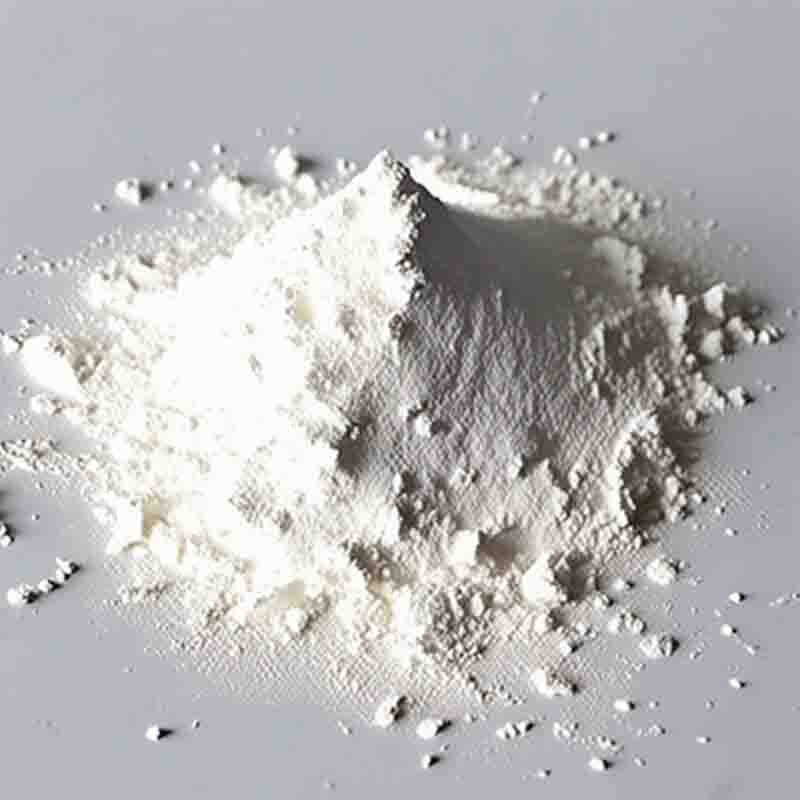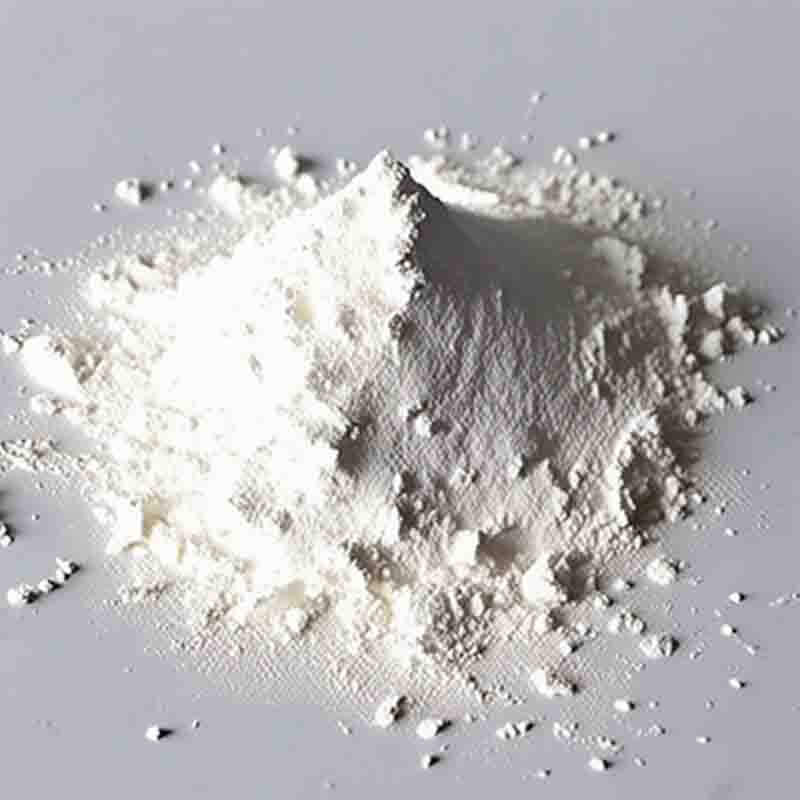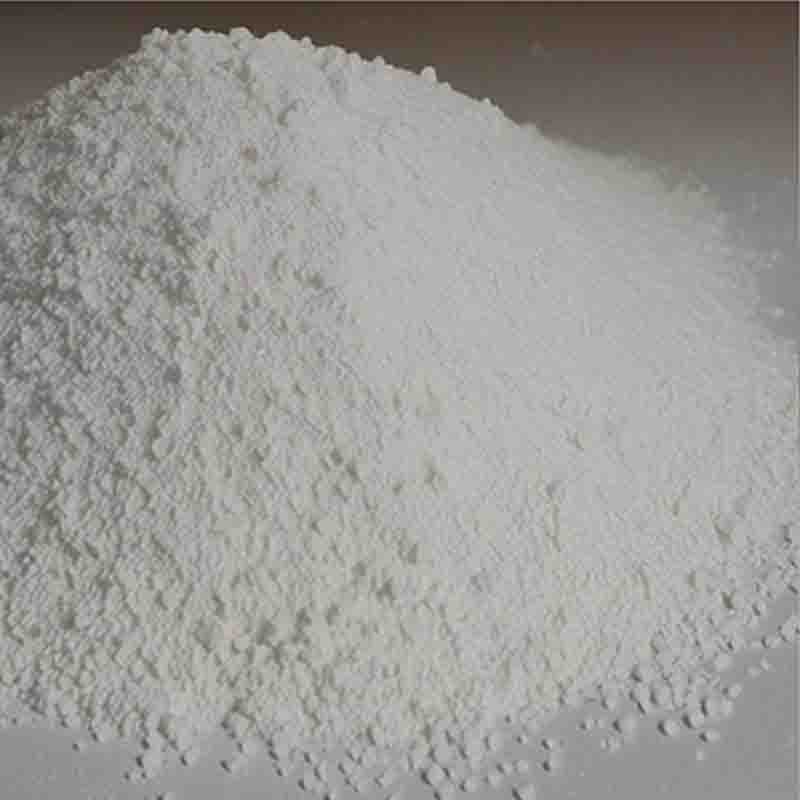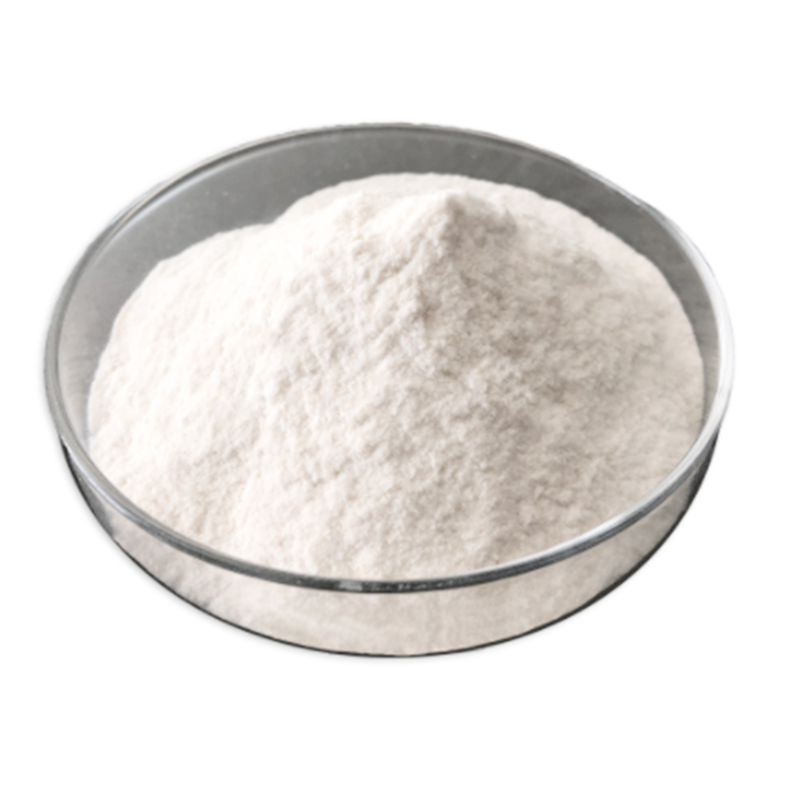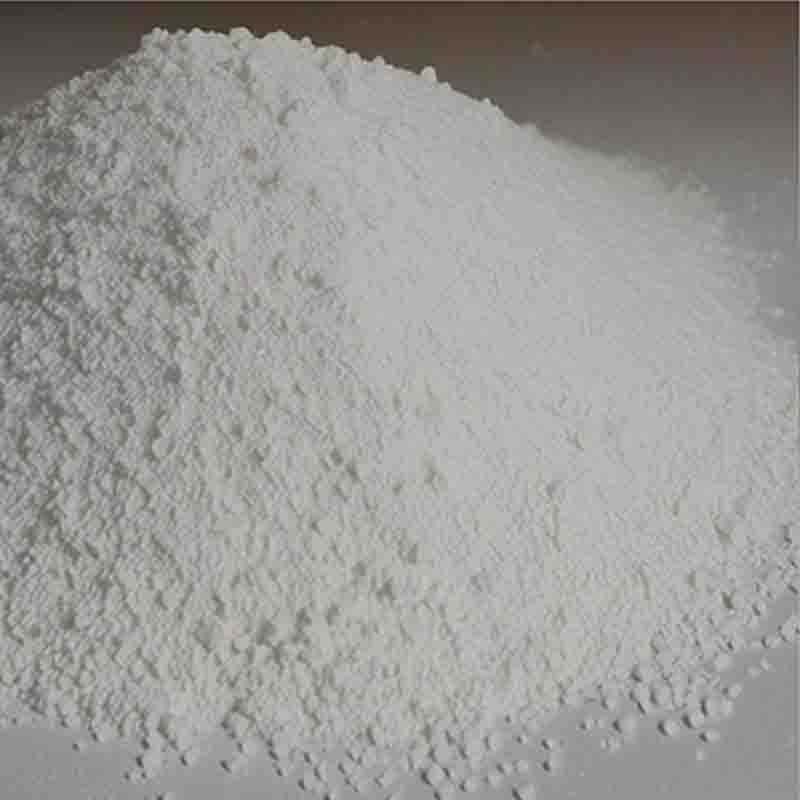(2S,4S)-4-Fluoro-N-Boc-Pyrrolidine-2-carboxylicacid CAS:203866-13-1
| Catalog Number | XD94726 |
| Product Name | (2S,4S)-4-Fluoro-N-Boc-Pyrrolidine-2-carboxylicacid |
| CAS | 203866-13-1 |
| Molecular Formula | C10H16FNO4 |
| Molecular Weight | 233.24 |
| Storage Details | Ambient |
Product Specification
| Appearance | White powder |
| Assay | 99% min |
(2S,4S)-4-Fluoro-N-Boc-Pyrrolidine-2-carboxylic acid, also known as N-Boc-4-fluoroproline, is a specific compound that belongs to the class of pyrrolidine acids. This compound has unique effects and applications due to its chemical structure and functional groups.One significant effect of (2S,4S)-4-Fluoro-N-Boc-Pyrrolidine-2-carboxylic acid is its potential in pharmaceutical research and development. The N-Boc protecting group is commonly used in organic synthesis to protect certain functional groups while allowing for selective functionalization of other parts of the molecule. In this context, (2S,4S)-4-Fluoro-N-Boc-Pyrrolidine-2-carboxylic acid may serve as a valuable building block in the synthesis of peptide-based drugs and molecules.The fluorine substitution on the proline ring of this compound enhances its hydrophobicity and metabolic stability. These properties can improve the drug's bioavailability and increase its binding affinity to biological targets. Thus, (2S,4S)-4-Fluoro-N-Boc-Pyrrolidine-2-carboxylic acid has the potential to be used in the development of therapeutically active compounds with optimized pharmacokinetic profiles.Moreover, (2S,4S)-4-Fluoro-N-Boc-Pyrrolidine-2-carboxylic acid may possess biological activities on its own. Research has shown that the fluorine substitution in proline analogs can lead to improved enzyme inhibitory activity. Therefore, this compound may be investigated for its potential as an enzyme inhibitor, which could have implications in the treatment of various diseases.Additionally, (2S,4S)-4-Fluoro-N-Boc-Pyrrolidine-2-carboxylic acid may have an impact on the modulation of protein-protein interactions. Proline analogs, such as this compound, have been found to disrupt or stabilize the interactions between proteins. This property could be valuable in the development of drugs targeting specific cellular pathways and protein networks.In summary, (2S,4S)-4-Fluoro-N-Boc-Pyrrolidine-2-carboxylic acid offers opportunities for pharmaceutical research and development. Its N-Boc protecting group and fluorine substitution make it a valuable building block in organic synthesis, particularly in the construction of peptide-based therapeutics. Furthermore, this compound may possess inherent biological activities, such as enzyme inhibition and modulation of protein-protein interactions. Continued investigation of (2S,4S)-4-Fluoro-N-Boc-Pyrrolidine-2-carboxylic acid can uncover its full potential for therapeutic applications.


